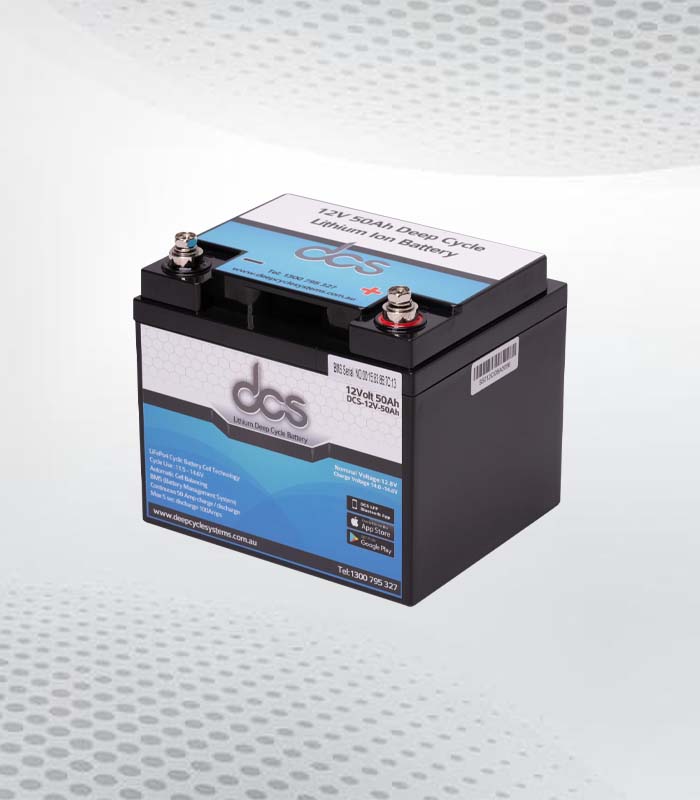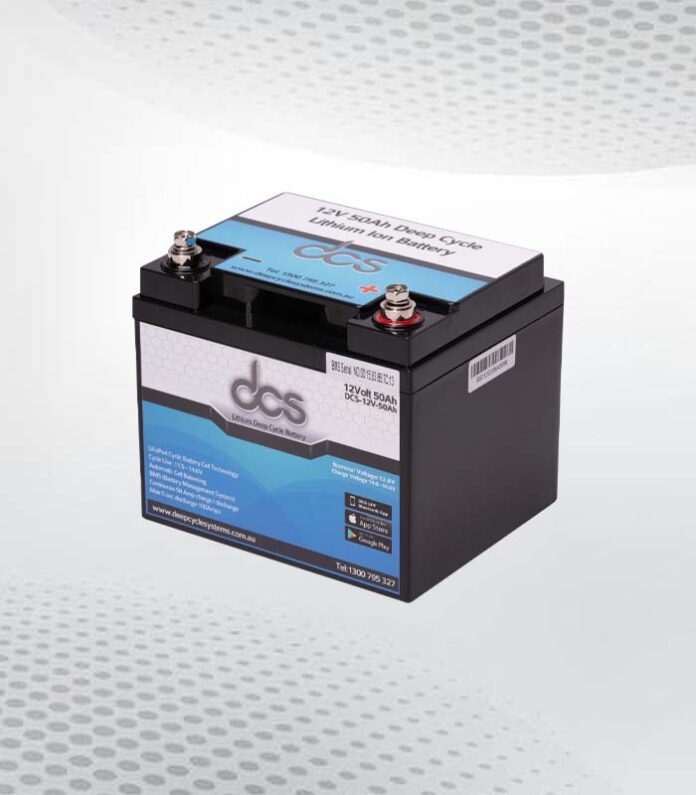The emergence of solar energy as a viable alternative to traditional forms of power is revolutionizing how we think about our energy sources. A key component in harnessing solar power is the solar panel battery, which has seen impressive advancements over recent years. This blog post will explore the progression of Solar Panel Battery Pack technology, delve into the nuances of solar panel battery storage, and identify the best batteries for solar panels today.
The Evolution of Solar Panel Battery Technology
The Solar Panel Battery technology timeline, is marked with notable developments and enhancements. The initial stages of solar energy storage heavily relied on lead-acid batteries. Although they served the purpose, these batteries fell short in terms of lifespan and efficiency, which prompted the search for superior alternatives.
This quest led to the emergence of Lithium-ion batteries, a remarkable advancement in this realm. These batteries became a game-changer due to their distinctive features – extended lifespan and high energy density, marking a new era in the solar battery sector.
These developments are merely a glimpse into the constant progression in this field, each advancement setting a new benchmark for the next.
Understanding Solar Panel Battery Storage
Solar Panel Battery Storage serve as reservoirs, capturing and preserving the surplus energy solar panels produce in daylight. This stored energy comes into play when the panels aren’t actively producing electricity, such as during nightfall or on overcast days.
The energy a solar battery can hold is determined by its capacity, measured in kilowatt-hours (kWh). This means the higher the capacity of the battery, the more energy it can store. Solar panel battery storage is a key aspect of harnessing solar power efficiently, as it ensures a continuous supply of energy, regardless of the time of day or weather conditions.
This also provides the added benefit of grid independence, as one can rely on the stored energy instead of turning to the grid when solar panels aren’t generating electricity.
The Rise of Solar Panel Battery Packs
Battery packs, composed of multiple individual batteries linked together, are making waves in the solar energy industry. These packs offer an amplified storage capacity, a game-changer for homeowners and businesses.
With the utilization of battery packs, there’s an increased opportunity to detach from grid reliance, allowing for a more self-sufficient energy supply. This not only helps reduce the carbon footprint by minimizing the consumption of traditional electricity but also presents an opportunity for considerable savings on energy expenditures.
Solar panel battery packs are a technological evolution and a step towards a more sustainable and financially savvy future in energy consumption.
Identifying the Best Battery for Solar Panel
When choosing the most suitable battery for your Best Battery for Solar Panel many factors come into play, including longevity, efficiency, and safety. Lithium-ion batteries stand out amongst their counterparts. Thanks to their numerous advantages, they have become the go-to option in solar energy storage.
Boasting a high energy density, these batteries can store significant energy in a relatively small space. Additionally, they offer a superior lifespan compared to other types of batteries, meaning they don’t need to be replaced as frequently.
On top of that, Lithium-ion batteries are known for their low maintenance requirements, which makes them an economical choice in the long run. Lastly, they are safer and more efficient than many older battery technologies. Therefore, while other options are available, Lithium-ion batteries remain the most recommended for solar panels.
The Future of Solar Panel Batteries
The horizon of solar panel battery technology is illuminated with prospects of continuous enhancement and innovation. Concentrated efforts are being directed towards amplifying efficiency and creating batteries that can sustain more energy for extended durations, all while reducing costs.
 The advent of solid-state batteries and the exploration of alternative materials, such as graphene, is a testament to future advancements in this field. As technological improvements continue to break barriers, we’re also seeing a rise in the potential for increased energy storage capacity.
The advent of solid-state batteries and the exploration of alternative materials, such as graphene, is a testament to future advancements in this field. As technological improvements continue to break barriers, we’re also seeing a rise in the potential for increased energy storage capacity.
Meanwhile, the industry aims to achieve a more ecological and affordable solution for solar energy storage. The commitment to these advancements signifies the bright and sustainable future that awaits solar panel batteries.
Battery Innovations on the Horizon
Several breakthroughs are anticipated to reshape the future of solar energy storage. Flow batteries, for instance, are gaining traction for storing vast quantities of energy for extended periods. This technology is a game-changer in ensuring continuous power supply, regardless of solar generation patterns.
On another front, advancements in nanotechnology are promising to extend battery lifespans and expedite charging times. This would enhance the overall efficiency and user-friendliness of solar energy systems.
Companies and researchers are also exploring the potential of graphene-based batteries, which could offer higher energy densities and shorter charging times. Furthermore, developing solid-state batteries, which employ solid electrolytes instead of liquid ones, is expected to bolster energy density and safety measures further. These upcoming innovations exemplify the relentless pursuit of excellence in solar energy storage.
Innovations in Solar Panel Battery Technology
The landscape of solar panel battery technology is constantly shifting as manufacturers and researchers work relentlessly to usher in the next wave of efficient and cost-effective solutions. A prime example of this innovation is the Powerwall by Tesla and RESU by LG. These companies are charting new territories in residential solar batteries, paving the way for the next generation of energy storage systems.
Advancements are not limited to increasing the storage capacity or lifespan of batteries but also include innovations aimed at enhancing user experience, such as incorporating smart technologies for better energy management. Moreover, innovations are being propelled by pursuing more eco-friendly solutions, spurring the development of batteries using sustainable materials or methodologies.
The dynamics of the solar panel battery technology scene make it a vibrant and exciting space to watch. On the one hand, strides are being made in developing solid-state batteries that promise significantly higher energy density and safety than liquid-state batteries. On the other hand, researchers are studying the perfect technology behind flow batteries, which could have unlimited energy capacity through simple scaling.
Improving the Efficiency of Solar Batteries
The push to amplify the efficiency of solar batteries forms a pivotal core in the solar energy sector. Batteries with heightened efficiency can store a larger volume of energy and discharge it over an extended time, maximizing the utility of solar power. The innovative lens primarily focuses on elevating the energy density and curbing the charging times of these batteries.
Enhanced energy density signifies the ability to store more power in a given space, while shortened charging times translate into quicker energy availability. Through these dual avenues, the solar industry aspires to boost the performance and reliability of solar batteries.
This continued pursuit of efficiency is essential to the journey towards a more sustainable and independent energy future. Consequently, recent advancements in solar battery technology have produced promising solutions, making them an integral part of renewable energy conversations worldwide.
The Cost Factor of Solar Panel Battery Packs
Undeniably, the financial aspect plays a crucial role when considering the implementation of solar panel battery packs. The initial investment can indeed be significant. However, it’s important to highlight that due to advancements in technology and large-scale manufacturing, the prices of these battery packs have been consistently declining over time.
This gradual decrease in cost makes solar battery packs increasingly accessible to a broader audience. Additionally, many government entities recognize the importance of renewable energy and offer various incentives, rebates, and subsidies for solar installations, further lessening the financial impact.
This factor can offset the initial cost of the battery packs and make them a more economically viable option in the long run. So, while the upfront cost might seem daunting, the long-term savings potential, coupled with these incentives, makes solar panel battery packs an investment worth considering. In addition, considering the rising energy prices and unpredictability of conventional energy sources, a one-time investment in solar technology can prove to be financially rewarding in the future. The shift towards renewable energy also supports sustainable development and significantly reduces carbon footprints, thus offering economic and environmental benefits.
New Breakthroughs in Solar Battery Tech
In the realm of solar battery tech, several transformative breakthroughs are poised to change the landscape. One of these includes the development of organic flow batteries, known for their utilization of naturally abundant and environmentally benign materials; they represent a major stride in sustainable energy storage.
Meanwhile, research is also being directed towards the implementation of solid-state batteries. These batteries utilize solid electrolytes, offering a promising boost in energy density and safety measures. They represent an exciting frontier in the quest for higher-performing, safer batteries. Solar battery tech continues to surge forward, fueled by innovative thinking, environmental mindfulness, and a pursuit of energy autonomy.
As these innovations continue to unfold, the future of solar panel batteries appears brighter than ever. Furthermore, advancements in Lithium-Sulfur batteries, known for their high energy density and cost-effectiveness, also pave the way for improved solar power storage—their development heralds a greener future and a more affordable one for renewable energy.
FAQs
Q: What is the lifespan of a solar panel battery?
A: The lifespan varies depending on the type of battery. Lithium-ion batteries, the recommended option, can last 10 to 15 years with proper maintenance.
Q: How do I choose the right capacity for my solar battery?
A: The right capacity depends on your energy needs. A higher capacity means the battery can store more energy. Analyzing your energy consumption patterns can guide you to a suitable choice.
Q: Are solar panel battery packs expensive?
A: While the initial investment can be significant, costs have decreased. Additionally, government incentives can offset the upfront cost, making them a financially viable option in the long run.
Q: What’s next for solar panel battery technology?
A: Numerous innovations are underway, including the development of flow batteries, advancements in nanotechnology, graphene-based batteries, and solid-state batteries, all aiming to boost efficiency and sustainability.
Conclusion
The advancements in solar panel battery technology mark a significant stride towards a greener, more sustainable future. Solar panel batteries are evolving into viable, eco-friendly power solutions with increasing efficiency, reduced costs, and consistent innovations. From Lithium-ion batteries offering high energy density and longevity to promising future innovations like flow batteries, solid-state batteries, and graphene-based options, the landscape of solar energy storage is indeed dynamic and exciting. This and potential financial savings and incentives make solar panel battery packs an attractive investment.
This Article Was First On Published
| Other Good Articles to Read |
| Blogs-Nation |
| Blogs-Peoples |
| Bryan Smith Blogs |
| Intellect Blogs |
| The Fault In Our Blogs |
| Blogs Eu |
| Oz Forums |
| Recruitment Blogs |
| Zet Blogs |
| Id Blogs |
| Blogs Tudiolegale |
| Blogs Map |


